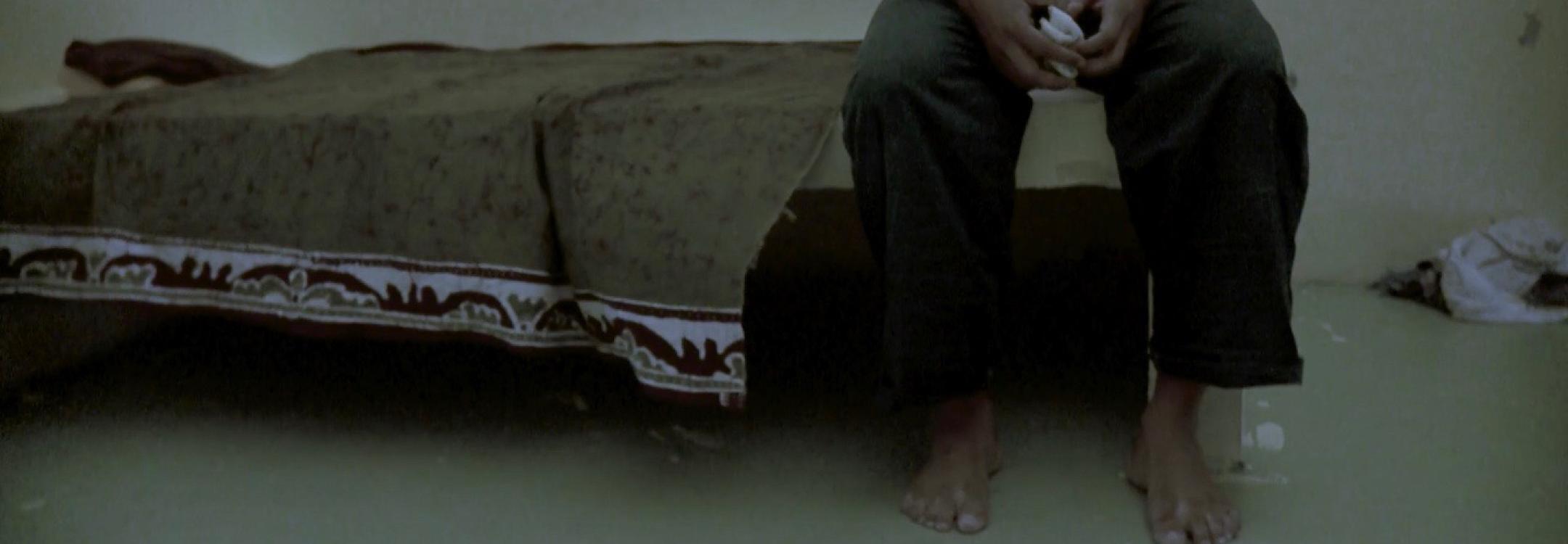
Improving protection for persons deprived of their liberty, especially in the early stages of detention, is a key focus of the APT’s new four-year strategic plan. There is also a strong emphasis on strengthening protection for those who can be especially vulnerable to abuse, including women, LGBTI people, and migrants, refugees and asylum seekers.
The new strategic plan comes at a crucial time in global efforts to end torture and ill-treatment. “We know torture prevention works and we have solid evidence to demonstrate this,” APT’s Secretary General Barbara Bernath said. “We are also heartened by the many positive developments taking place, including the growing number of independent oversight bodies operating in countries around the world.”
However, a number of contemporary challenges have heightened the risk of torture and ill-treatment. “Today, there is armed conflict in countries across the globe, war and climate change means more people than ever are internally displaced or crossing borders and, more insidiously, there is a prevailing attitude that torture is acceptable in certain circumstances,” she said.
Our work to prevent torture and ill-treatment has never been more important
Barbara Bernath, APT Secretary General
The APT’s Strategic Plan 2020-2023 sets out a roadmap to address the risk factors behind torture and ill-treatment and drive change in four areas:
- People are treated with dignity and fairness by the criminal justice system
- People in situations of vulnerability are safe from torture and ill-treatment
- Strong arguments and new voices are mobilised to prevent torture
- Effective and independent oversight protects people deprived of liberty.
APT’s approach will build on the constructive partnerships we have established with governments, law enforcement bodies, civil society organisations and others who share APT’s goals. By leading innovative research projects, communication initiatives and digital engagement, we hope to mobilise others and build even more partnerships for change.
The APT will continue its work at the national, regional and international levels.
“At the national level, that might mean providing practical support to detention monitoring bodies or engaging with law enforcement officials on strategies around non-coercive interviewing,” Ms Bernath said. At the international level, the 2030 Agenda for Sustainable Development represents a genuine opportunity to advance torture prevention in a more holistic way. “If you address issues such as poverty, discrimination and corruption, and if you have transparent and accountable institutions, you will go a long way toward tackling the root causes of torture and ill-treatment,” she said.